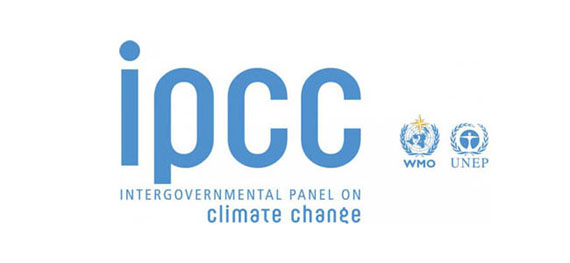
The forthcoming IPCC report on impacts, adaptation and vulnerability, the second report under the Sixth Assessment Cycle of the IPCC, is expected to lay out in stark detail the extent to which climate change is destroying people’s lives, livelihoods and well-being and damaging ecosystems and biodiversity.
The formal approval process by governments on the Summary for Policymakers will be held between 14-25 February, with the full report to be released on 28 February.
Civil society representatives have warned governments that the findings from the report will be hard to ignore and urgent funding for adaptation and loss and damage is critical.
Dr Stephen Cornelius, the Global Lead for IPCC at WWF believes that the “upcoming climate report from the IPCC is expected to lay bare the devastating impacts that delayed action and weak implementation of countries’ climate promises are having on people and nature.
“Over the past year, we’ve seen more examples of the ruin to lives and livelihoods caused by more frequent extreme events, from heatwaves to floods and wildfires. This offers a small glimpse of what a warmer world brings. We know that to help communities and ecosystems now and in the years to come, governments need to invest more to build climate resilience and to slash polluting carbon emissions to give adaptation a fighting chance”, Dr Cornelius said.
From Climate Action Network International came the call on governments to weigh the immense responsibility and duty they have to accept the science and enact urgent measures to prevent more human suffering and the ecological devastation from climate change. “This report will be a foundational reference point on the latest science on climate impacts. It must galvanise the political will from rich countries to substantially increase their funding for adaptation, to help those least resourced to cope with rising impacts, and to finally set up a loss and damage finance facility this year which is a long-standing demand from almost 140 developing countries representing over 5 billion people from the global South”, Harjeet Singh, a Senior Adviser at CAN International said
Lien Vandamme, a Senior Campaigner with Center for International Environmental Law (CIEL), anticipates that the IPCC report will confirm the irreversible damage not only to natural ecosystems but also to communities and their human rights as well as the threat of accelerating to unprecedented levels if global temperatures continue to rise.
According to Teresa Anderson, the Climate Justice Lead at ActionAid International, “The IPCC’s horrifying evidence of escalating climate impacts is set to show a nightmare painted in the dry language of science. ActionAid’s emergency teams are supporting families whose homes were swept away by Storm Ana’s heavy rains in Southern Africa, and communities in Somaliland and Afghanistan where severe drought and conflict are causing escalating hunger and malnutrition crises.
“Women and girls are on the frontlines of these crises and at greater risk of gender-based violence. But climate-vulnerable communities are not yet getting the support they urgently need, to cope with a crisis they did not cause.
“Climate negotiations at this year’s COP27 in Egypt must finally deliver a Loss and Damage funding facility to support those who are being hardest hit by climate impacts.”
Other civil society groups that voiced similar concerns on the expected IPCC report include CARE International, Climate and Energy Program, Union of Concerned Scientists, Oil Change International, E3G, Climate Action Network – Réseau action climat (CAN-Rac) Canada, and Greenpeace Nordic.











